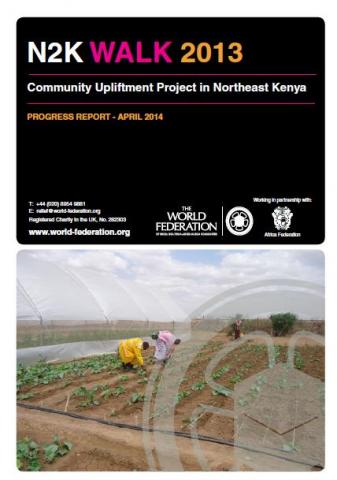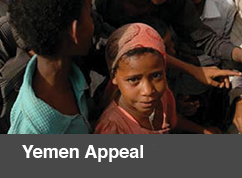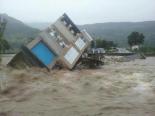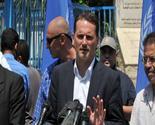In September 2014, the Indian state of Jammu and Kashmir faced its worst floods in over 60 years.

|
In December 2013, the N2K Team, a group of youth from London (UK) walked from the Holy City of Najaf to the land of Karbala during Arbaeen 1435 to raise funds for The World Federation’s ‘Community Upliftment Project in Northeast Kenya’.
This initiative is a joint venture between The World Federation and Africa Federation which aims to provide long-term, sustainable solutions to uplift communities in Kenya’s drought affected areas and take them out of poverty. The N2K Team raised almost £40,000 GBP of the £60,000 allocated for this project. The project comprises 9 different initiatives. This progress report provides an overview of the first initiative - ‘Education and Community Development Conference’ workshop organised for students, which was held on 1st and 2nd March 2014 in Nairobi, Kenya. |
 |
The World Federation takes this opportunity to thank each and every member of the N2K Team for supporting the Community Upliftment Project in Northeast Kenya and all of the donors who so generously contributed to their fundraising efforts.
For more information, please email [email protected]
Related News
In 2014 and 2015, The World Federation gifted 85 sewing machines to women in Pakistan who lost male breadwinners in their families to targeted killings.
As Palestinian civilians continue to suffer from the ongoing attacks by the Israeli Defense Force in Gaza, the Commissioner-General of the UNRWA, Pierre Krahenbuhl made a statement on the recent deaths and injuries at an UNRWA school in Beit Hanoun in Gaza.











